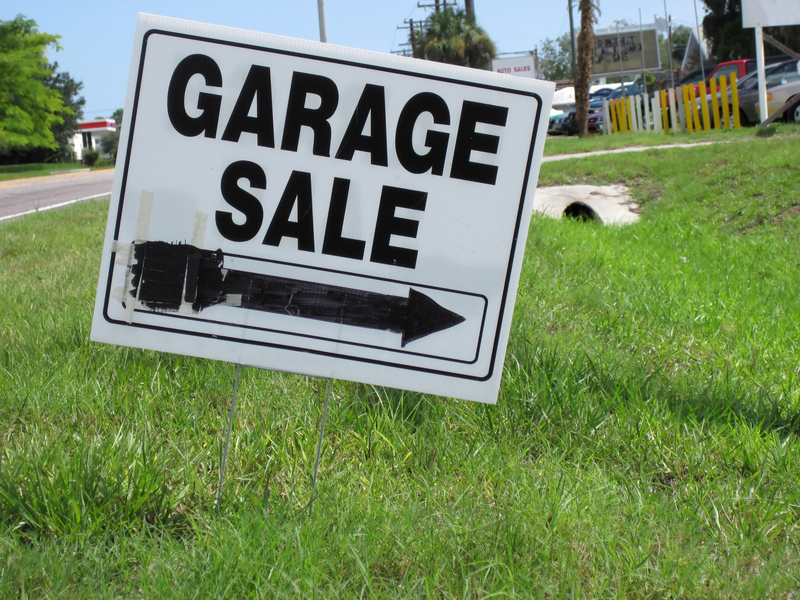Methods for Extra Household Waste
Managing household waste effectively is crucial for maintaining a clean and healthy living environment. However, dealing with extra household waste, which often overwhelms standard disposal methods, requires strategic approaches and innovative solutions. This article examines various methods for handling additional household waste, providing comprehensive insights into efficient waste management practices.
Reduce and Reuse
One of the most effective methods for managing extra household waste is reducing and reusing items. By minimizing the volume of waste generated, households can alleviate the burden on disposal systems. Here are some strategies:
- Avoid Single-Use Products: Opt for products with longer lifespans. For example, use reusable shopping bags, water bottles, and containers instead of their disposable counterparts.
- Donate Unwanted Items: Clothes, furniture, and electronics that are in good condition can be donated to charities or second-hand stores.
- Repurpose and Upcycle: Transforming old items into new products can reduce waste. For instance, glass jars can be turned into storage containers or plant pots.

Composting
Composting organic waste is an eco-friendly method for dealing with extra household waste, particularly food scraps and yard waste. Composting not only diverts waste from landfills but also creates nutrient-rich soil for gardening. Here's how you can start composting at home:
- Choose a Composting Method: There are several composting methods, including backyard composting, vermicomposting (using worms), and indoor composting with special bins.
- Collect Compostable Materials: Gather fruit and vegetable scraps, coffee grounds, eggshells, and yard waste while avoiding meat, dairy, and oily foods which can attract pests.
- Maintain Your Compost Pile: Regularly turn the compost to aerate it, and keep it moist but not soggy.
Recycling
Recycling is another key method for managing extra household waste. By sorting recyclable materials such as paper, plastic, glass, and metal, households can ensure these items are processed and repurposed rather than ending up in landfills. Here are some tips for effective recycling:
- Understand Local Recycling Rules: Each locality has specific guidelines for recycling. Familiarize yourself with what can and cannot be recycled in your area.
- Clean and Sort Recyclables: Rinse out food containers and separate materials according to local regulations to prevent contamination.
- Use Designated Recycling Bins: Place recycling bins in convenient locations around your home to encourage sorting of recyclables.
Using a Household Waste Collection Service
For households generating more waste than their regular service accommodates, specialized waste collection services can be a convenient solution. Many municipalities and private companies offer options for bulk waste collection, yard waste pickup, and hazardous waste disposal:
- Schedule Bulk Waste Pickup: Many waste management services offer scheduled pickups for large items such as furniture, appliances, and construction debris.
- Yard Waste Programs: Some areas provide specific days for yard waste collection, where large quantities of leaves, branches, and grass clippings can be picked up.
- Hazardous Waste Disposal: Properly disposing of hazardous materials like paint, batteries, and chemicals prevents environmental contamination. Look for local hazardous waste collection programs.
Renting a Dumpster
For major cleanup projects or significant amounts of extra household waste, renting a dumpster might be the most efficient option. This method is particularly useful during home renovations, spring cleaning, or moving:
- Select an Appropriate Size: Choose a dumpster size that matches your project needs. Sizes can range from small 10-yard dumpsters to large 40-yard containers.
- Follow Disposal Guidelines: Ensure you understand what can and cannot be disposed of in the rented dumpster to avoid additional fees.
- Plan Placement: Position the dumpster in a location that's convenient for loading and accessible for pickup.
Utilizing Household Waste Drop-Off Sites
Many communities have designated drop-off sites for various types of extra household waste. These drop-off locations can handle materials that are not typically accepted in regular curbside collection:
- E-Waste Drop-Off: Electronics recycling centers accept items like old computers, TVs, and mobile phones, ensuring they are disposed of safely.
- Bulk Waste Disposal Sites: Some areas offer drop-off locations for large items, allowing residents to transport their bulk waste directly.
- Special Event Collection: Certain municipalities organize events for collecting hard-to-dispose-of items such as tires, large appliances, or hazardous materials.

Implementing a Household Recycling and Waste Reduction Plan
Creating a well-structured waste reduction plan for your household can help manage extra waste more effectively. This plan should involve everyone in the household and cover several key areas:
- Set Clear Goals: Identify specific waste reduction targets, such as reducing the use of disposable items or increasing recycling efforts.
- Educate Household Members: Ensure that everyone understands the importance of waste reduction and recycling, and knows how to sort waste correctly.
- Monitor and Adjust: Regularly review your waste management practices to identify areas for improvement and make necessary adjustments.
Conclusion
Handling extra household waste requires a combination of proactive strategies and practical solutions. By reducing and reusing items, composting organic waste, recycling properly, utilizing specialized waste collection services, renting dumpsters, and taking advantage of drop-off sites, households can effectively manage their waste output. Implementing a comprehensive waste reduction plan can further enhance these efforts, leading to a sustainable and environmentally friendly approach to household waste management. Through these methods, we not only keep our immediate surroundings clean but also contribute to the global effort of minimizing waste and preserving the environment.
